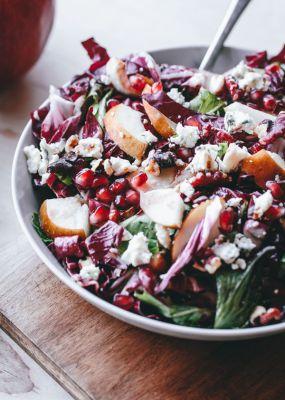Recovering from a serious injury can be a long, gradual process. To rebuild itself, your body will need to be given respite – which means limiting the amount of exercise you partake in. What’s more, it will need the right raw materials – which means paying attention to your diet. Longevity Live Paid Content.
How your body reacts to an injury
One of the earliest responses to an injury is inflammation. This is a process triggered by special inflammatory cells and cytokines, which help to bring in more inflammatory cells. This puts a strain on your immune system, which relies on nutrition to sustain the process. If you don’t have access to the right nutrients, then the immune response won’t be as severe – which means decelerated healing.
Make sure you’ve included not only the time you spend recovering if you’re making a personal injury claim, but also the amount you spend on the correct foods. Some nutrient types will have a more significant impact on this than others.
Vitamin D
This is a vitamin that you can generate yourself if you’re exposed to the right levels of sunshine. This is only possible at certain times of year in the UK, which is why getting it through diet will be more important. The amount of melanin in your skin will affect the amount of sunlight you absorb – which means that darker-skinned people might have greater reason to supplement.
Before doing so, you’ll want to consult a nutritionist or dietician. Egg yolks and oily fish are a potent source of vitamin D – or mushrooms if you’re a vegan.
Fatty Acids
Omega-3 fatty acids help your body deal with inflammation and its negative side effects. They’re to be found in oily fish, seeds, nuts, and avocados, as well as cruciferous vegetables.
The other essential fatty acid is Omega-6. If you’re following a typical Western diet, then you won’t need to worry about getting enough of this one – in fact, you might get too much of it.
It’s also worth reducing your consumption of red meat and dairy during your recovery. Both are known to be rich sources of arachidonic acid, which can drive inflammation.
Protein
As just about every sports enthusiast knows, you need protein for your body to recover from injury. It will help to repair damaged tissue. Ideally, you’ll want to look for “complete” proteins, which contain all nine types of dietary amino acids. In practice, eating a varied selection of proteins will help you to cover every base – and often without resorting to animal products.
Watch the wheat
Gluten tends to provide difficult-to-digest proteins, while lectins can drive inflammation. If you’d like an alternative, then go for anything that’s marked as gluten-free.
What anti-inflammatories can I add?
There are several foods with natural anti-inflammatory properties. They’re worth considering since they’re easy to incorporate into your diet.
If you’re cooking grains or soups, for example, you might toss in a dash of turmeric. Fresh coconut also tends to help, as does ginger. If you want the maximum health benefit, then try unpeeled ginger. If you’re chopping it fine enough, chances are you won’t notice the difference.
Recovering from an injury can require patience. Follow your doctor’s orders, and don’t try any experimental diet you’ve read about on the internet without due caution. It’s better to be patient than to try to rush your recovery and suffer a setback.





![women [longevity live]](https://longevitylive.com/wp-content/uploads/2020/01/photo-of-women-walking-down-the-street-1116984-100x100.jpg)










